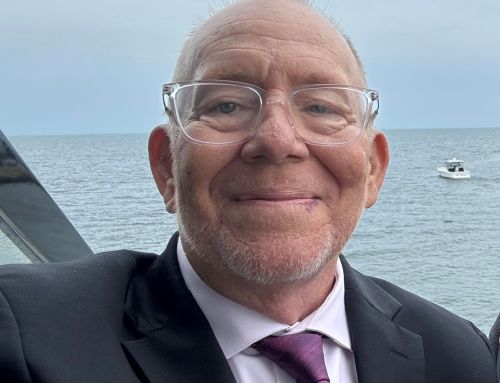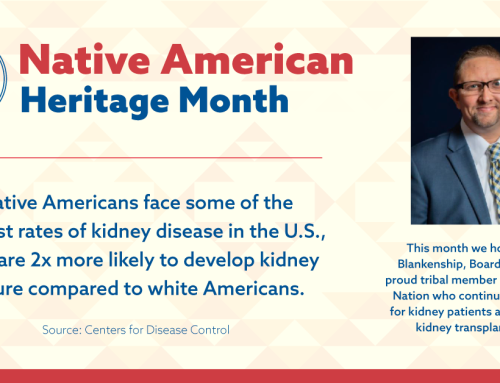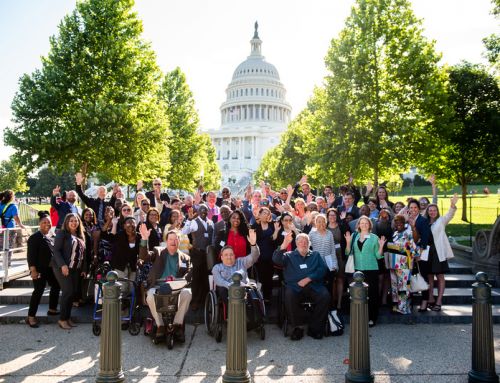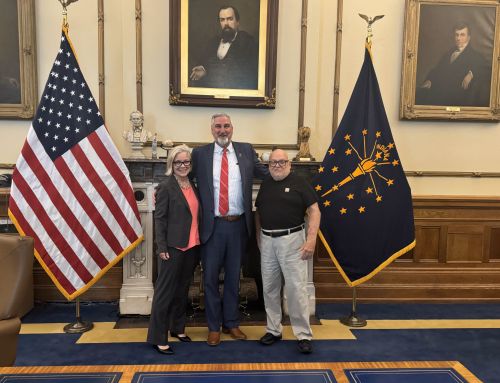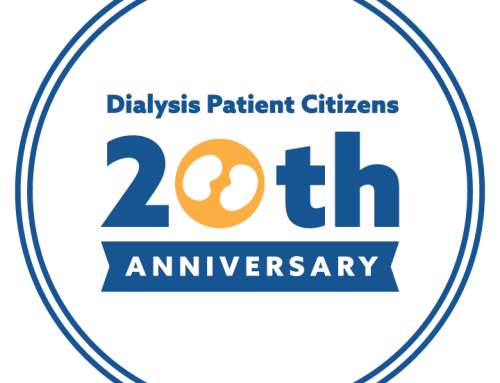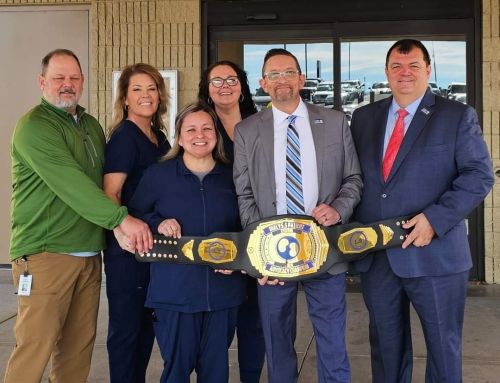The ESCO is based on the Accountable Care Organization model, under which providers band together to improve care and share in any savings that result from avoiding costly complications. In the case of the ESCO, the care coordination teams would consist of dialysis providers, nephrologists and any new personnel, such as nurse case managers or health coaches, brought on to assist patients.
An earlier version of the ESCO, announced last year, failed to garner sufficient interest among providers. In response to input from providers and patient advocates including DPC, Medicare officials altered the terms of the program to make participation, which is voluntary, more attractive. Providers must apply to create ESCOs by this fall. We expect that because the newly announced rules simplify the program, and since dialysis reimbursements have been stabilized since last year, there will be more potential participants. However, the projects are likely to be limited to certain geographic areas, so not every dialysis patient will be served by an ESCO.








